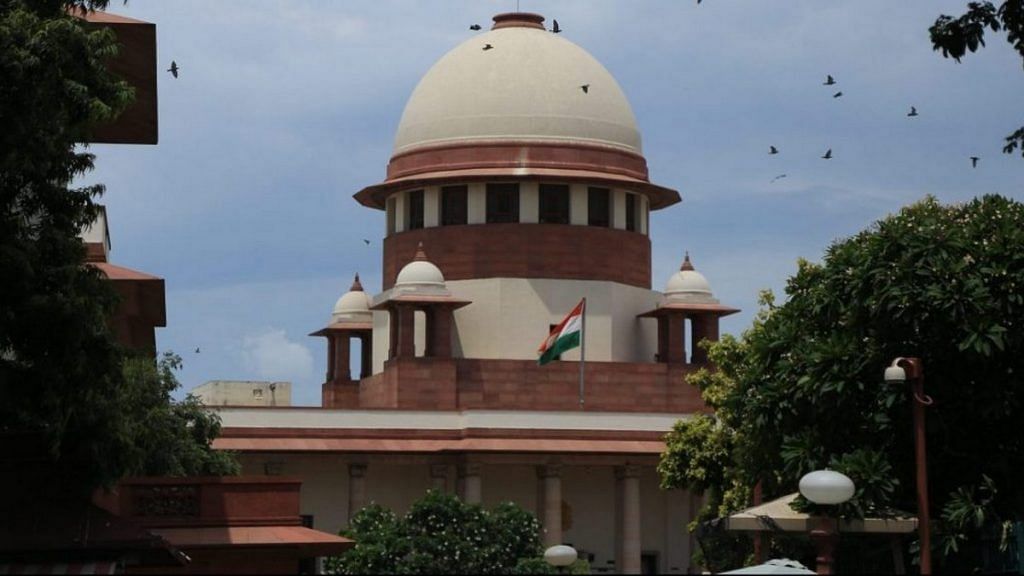New Delhi: Reservation is not a fundamental right, the Supreme Court said Thursday while refusing to admit a batch of petitions seeking the implementation of 50 per cent reservation for Other Backward Classes (OBCs) for state-surrendered seats in the all-India quota for undergraduate and postgraduate medical courses in Tamil Nadu.
“We appreciate the concern of all the political parties for the welfare of backward classes. But reservation is not a fundamental right,” a three-judge bench led by Justice L.N. Rao told the lawyers appearing for various parties including the AIADMK, DMK, Tamil Nadu Congress, CPI and CPI(M).
All withdrew their petitions with a liberty to approach the Madras High Court.
The bench, which held the hearing through video-conferencing, observed verbally that no case was made out for the petitioners to approach the top court directly under Article 32, a remedy available under the Indian Constitution if there is violation of a fundamental right.
Rao’s observation is a reiteration of an earlier verdict where the Supreme Court held that reservation cannot be claimed as a fundamental right.
Also read: Don’t share information on allegations, evidence against Delhi riots accused: HC to police
Violation of fundamental right to education: DMK
Senior advocate P. Wilson, appearing for DMK, argued against the Centre’s move to proceed with all-India counselling for medical courses, without implementing OBC reservation in Tamil Nadu.
In its petition, DMK argued that in the past academic years, the OBCs were “grossly under-represented” in the all-India quota seats for undergraduate, diploma, PG diploma and PG medical colleges across the country.
Justice Rao sought to know from Wilson the cause of filing such a petition and whether there was any violation of any fundamental right involved in the plea. “You have moved this petition under Article 32. This can be done only if your fundamental right is violated. What is the violation? Please tell us,” the judge asked.
Wilson replied, “Their (OBC) right to education is being violated. Also, their right to reservation stands violated.” At this the bench remarked that reservation is not a fundamental right.
Wilson then proceeded to contend that only the political parties could have come to the court for the “cause of downtrodden”. “They (OBC) cannot come to court to vindicate their rights,” Wilson added.
But when the bench threatened to “throw out the petition”, he withdrew with liberty to move the Madras High Court, with other lawyers following too.
‘All political parties have come together’
As the political parties displayed bonhomie on the issue, the bench was provoked to comment on this “unusual moment”.
“All the political parties have come together on the same platform for the same matter,” remarked Justice Rao. “In the State of Tamil Nadu, it has not happened before,” he said when a lawyer claimed parties have together fought for causes in the past.
Also read: Uttarakhand HC strikes down ‘unconstitutional’ state law on ex-CMs occupying govt bungalows
